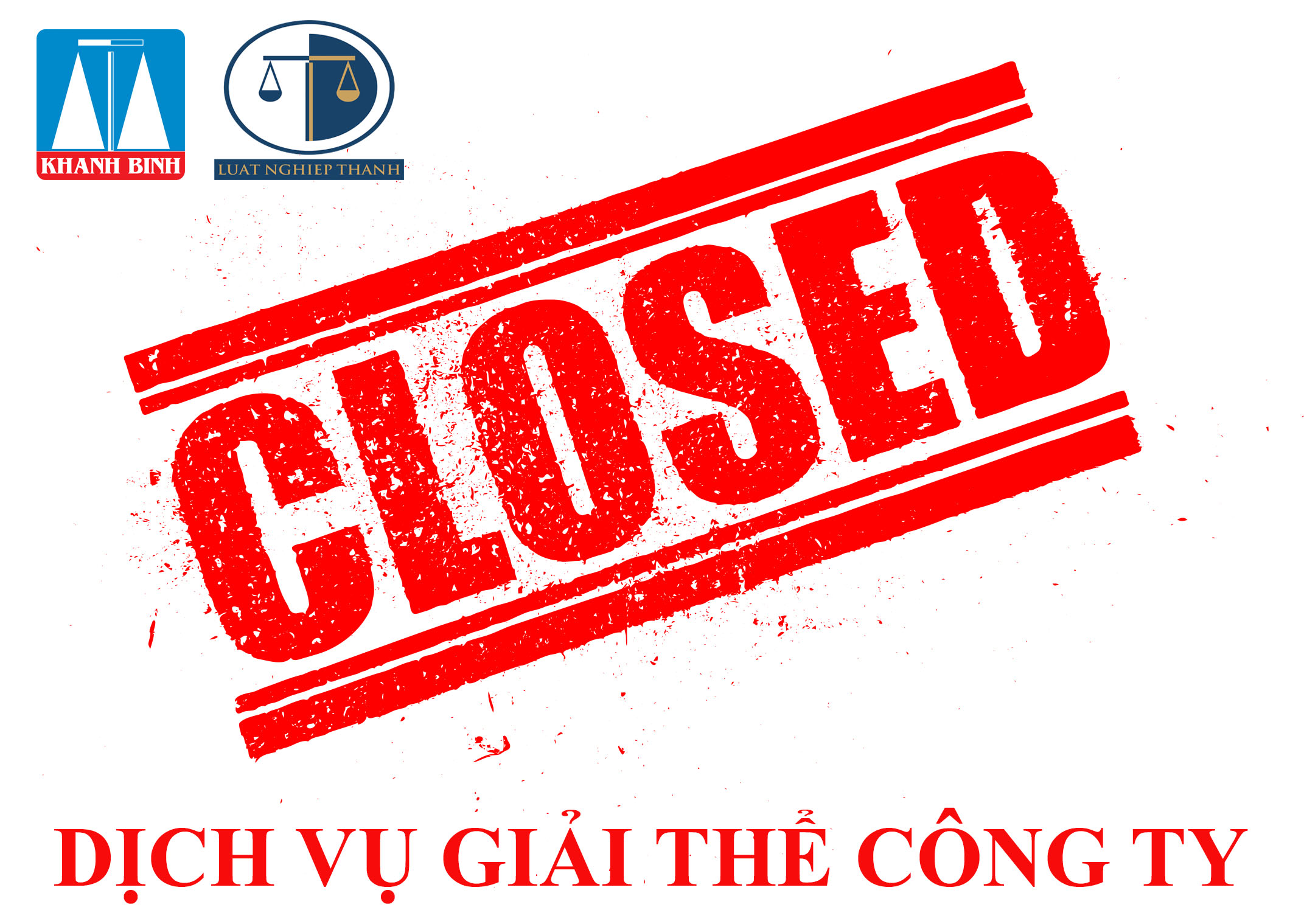How to handle when company owes employees salary in Viet Nam

How to handle when company owes employees salary in Viet Nam

Original article written in Vietnamese Cách xử lý khi công ty nợ lương
Salary is one of the main motivations of an employee for working. However, in fact, there are many situations where companies owe labour wages, especially in the context of the current epidemic. This does not only affect their life but also causes employees to lose confidence when entering the labour market. Through the article below, Nghiep Thanh Law would like to share with you ways to solve this problem.
Option 1: Complaints to the management of the company
The labour contract is an agreement of parties; therefore, all problems arising in the labour relationship can be resolved by agreement.
It is the most optimal, quickest, and least expensive way for two parties when they can find the same voice and the company agrees to settle the rights of the employee.
Option 2: Complaints to Chief Inspector of Department of Labour – Invalids and Social Affairs
Based on Decree 24/2018/ND-CP, complaints to the Department of Labour – Invalids and Social Affairs are only accepted after making the first complaint to the employer but the problem is not resolved or the settlement decision is not agreed.[1]
Processing time: 07 working days from the day on which the complaint is received within its competence.[2]
Processing time for first-time settlement: No more than 30 days (complicated cases must not exceed 45 days) from the date of acceptance; In remote areas where travelling is difficult: within 45 days (complicated cases must not exceed 60 days) from the date of acceptance.[3]
If the second complaint is not resolved on time or the settlement decision is not agreed, the employee has the right to initiate a lawsuit at the Court according to administrative procedures.[4]
Option 3: Mediation through a Labour Mediator
The statute of limitations for requesting a labour mediator to settle is 06 months from the date of discovering that legitimate rights and interests of the employee are violated.[5]
Within 05 working days from the date the labour mediator receives the request for dispute settlement from the employee.[6]
At the mediation meeting, the employee must be present or authorize another person to participate. Here, a solution will be mutually agreed by both parties, then:
+ In case of unsettled dispute, the employee can consider the plan proposed by the Labour Mediator;
+ In case of unsuccessful dispute or successful but the employer fails to perform or the processing time expires, the employee may request the Labour Arbitration Council or the Court to settle.
Method 4: Settlement by the Labour Arbitration Council[7]
This method is conducted after going through the mediation stage by the Labour Mediator. At the same time, the dispute is only resolved by the Labour Arbitration Council when both parties agree to choose.
Statute of limitations for request: 09 months from the date of discovery of violation of lawful rights and interests.[8]
When requesting the Labour Arbitration Council to settle a dispute, parties must not simultaneously request the Court for settlement.
Processing time: 30 days from the establishment date of Labour Arbitration Board.
The decision of the Labour Arbitration Board on the settlement of the dispute will be sent to the parties. In case one party fails to implement this decision, the other party has the right to request the Court to settle.
Option 5: Bringing a lawsuit to the Court
Salary disputes are required to go through mediation procedures by the Labour Mediator, then can be brought to the Court[9].
The statute of limitations for requesting the Court to settle a dispute is 01 year from the date of discovering that the employee’s legitimate rights and interests have been violated.[10]
The employee submits a petition to the People’s Court of the district where the company’s head office is located and carries out civil procedures as prescribed.
Read more Working hours & breaks of seasonal employees in 2022
Read more Pay employees salary for working at weekends
The content above is an advice on “How to handle when company owes employees salary in Viet Nam”.
If you find the article useful, let’s spread the knowledge to the Community by clicking “Share” this article.
Nghiep Thanh Law thank you for reading and sharing. We look forward to receiving your feedback and suggestions.
Translator: Le Khanh Linh
Content writer: Bui Thi Nhu
Instructor: Nguyen Linh Chi
Admin: Lawyer Thuan
[1] Article 15 Decree 24/2018/ND-CP.
[2] Article 19.1.(a) Decree 24/2018/ND-CP.
[3] Article 20 Decree 24/2018/ND-CP.
[4] Article 10.2.(b) Decree 24/2018/ND-CP.
[5] Article 190.1 Labour Code 2019.
[6] Article 188 Labour Code 2019.
[7] Article 189 Labour Code 2019.
[8] Article 190.2 Labour Code 2019.
[9] Article 188.1 Labour Code 2019.
[10] Article 190.3 Labour Code 2019.
Views: 4



